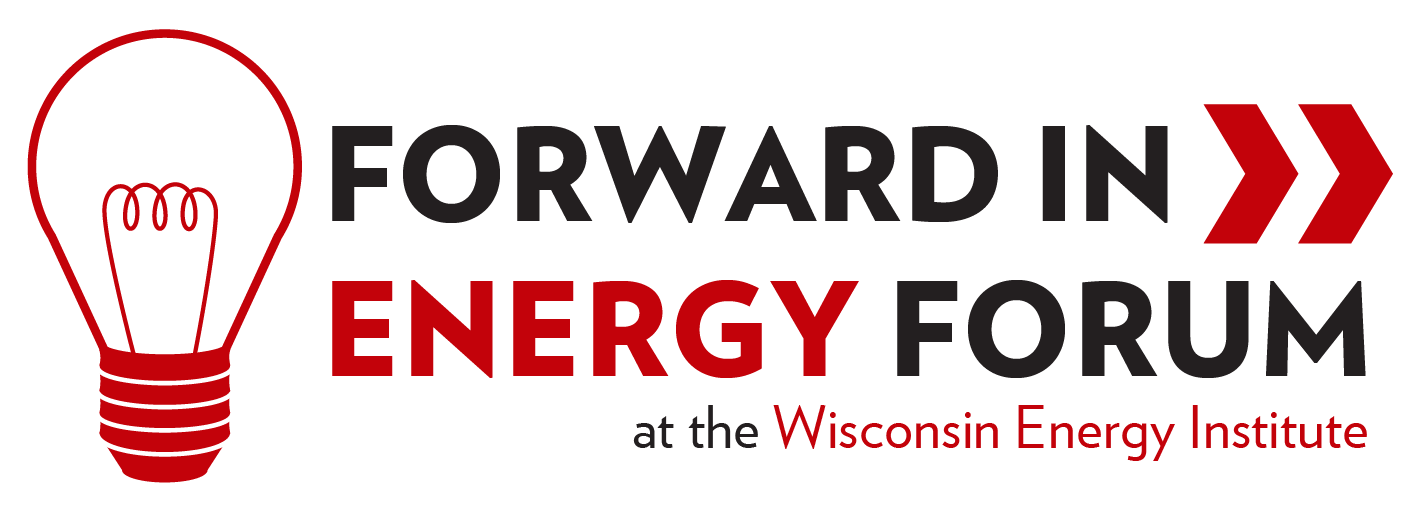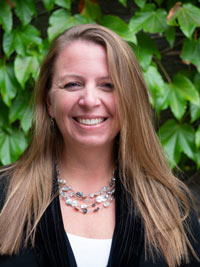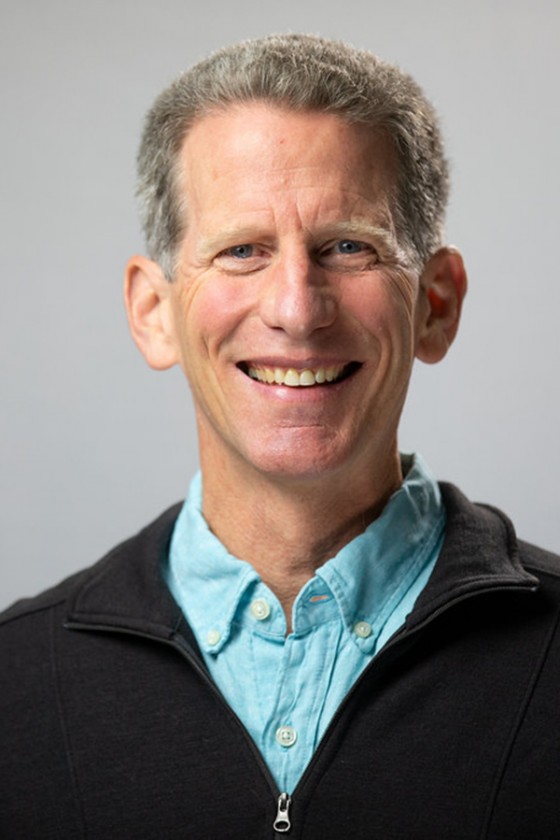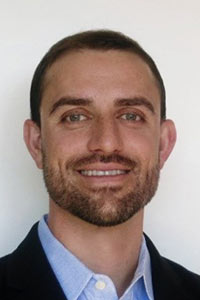
What’s the best path to minimizing the amount of trash we throw away? How can we turn the waste from one product into the building blocks of another? And how can we consume in a way that promotes better outcomes for our environment? The idea that human consumption could have a neutral impact on our world is an appealing concept – but how can we make that ideal a reality? Join us on November 11 to discuss the circular economy, the science of “reduce, reuse, recycle,” and ways our production processes could thrive as renewable enterprises.
Refreshments will be provided. Register here.
Moderator
Melissa Nergard
Director of Sustainability, UW–Madison Office of Sustainability
 Missy Nergard has 25 years of experience in higher education and sustainability. She is recognized for building collaborations between campus and the community to address the principles of sustainability: social equity and justice, the stewardship of natural resources, and the development of strong economies. Missy’s research focus is on organizational systems as they relate to sustainability programming and projects. She approaches sustainability through models of engaged scholarship and pragmatic operational effectiveness, which contribute to an interdisciplinary framework, promote campus cohesiveness, clarify mutual purpose, and advance viable solutions for real-world problems.
Missy Nergard has 25 years of experience in higher education and sustainability. She is recognized for building collaborations between campus and the community to address the principles of sustainability: social equity and justice, the stewardship of natural resources, and the development of strong economies. Missy’s research focus is on organizational systems as they relate to sustainability programming and projects. She approaches sustainability through models of engaged scholarship and pragmatic operational effectiveness, which contribute to an interdisciplinary framework, promote campus cohesiveness, clarify mutual purpose, and advance viable solutions for real-world problems.
Speakers
 Rob Anex
Rob Anex
Professor of Biological Systems Engineering
Robert Anex is an expert in life cycle assessment (LCA) and systems modeling, particularly as applied to agricultural and biobased product systems. His research focuses on prospective analysis of the economic and environmental impacts of policies and technologies in a changing global environment.
Andrea Hicks
Assistant Professor of Civil & Environmental Engineering
Andrea Hicks specializes in using life cycle assessments and modeling to quantify environmental impacts of products and processes. Her work includes industrial ecology, or using basic ecological principles to better understand and design human products. For example, Hicks is thinking about ways to design a product where the waste could become the building blocks for another product or service. Her interests include agent-based modeling, the rebound effect, and environmental implications of technology.
 Kyle Schmitz
Kyle Schmitz
Supply Chain Sustainability Program Manager, Cisco Systems
Kyle brings over ten years of experience in supply chain and engineering. Kyle works at Cisco Systems as a Supply Chain Sustainability Program Manager. In this role he manages internal projects and external collaboration efforts focused on reducing energy, carbon emissions, and material waste across Cisco’s extended operations. Kyle holds an MBA and BS in Mechanical Engineering from UW–Madison. Kyle and his wife have a spirited five-year-old son and are all bicycling enthusiasts.
